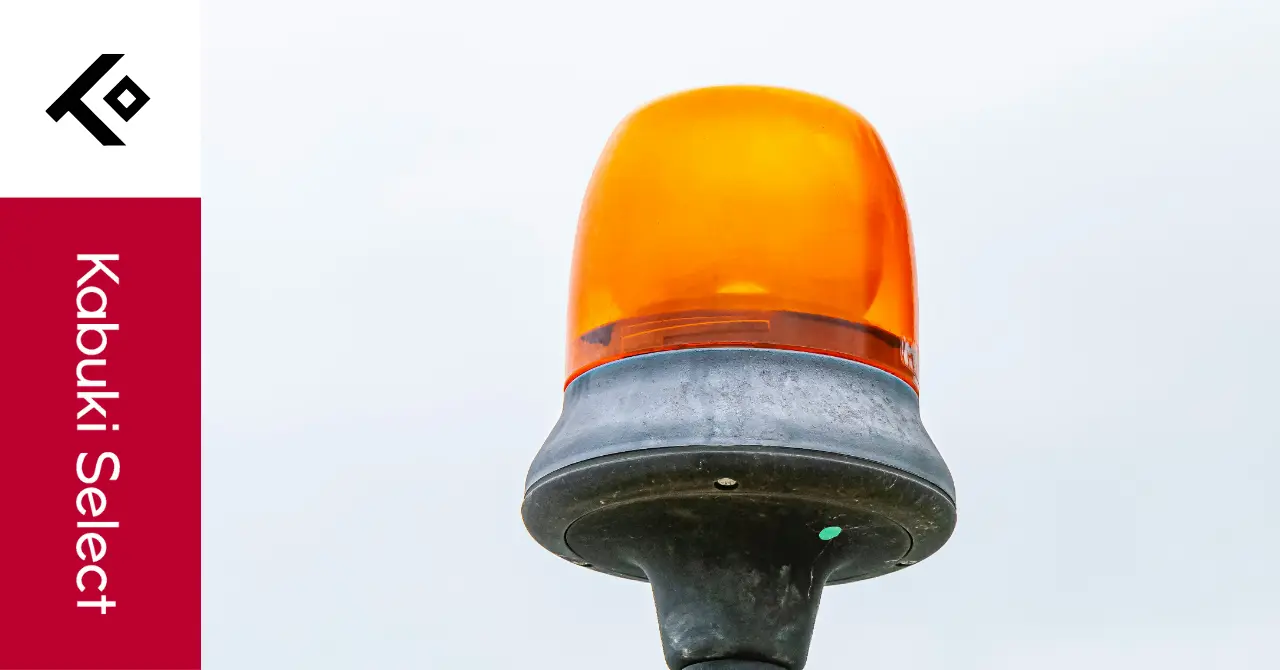Is Earthquake Risk Affecting Tourism in Japan? A Comprehensive Guide
Kabuki
Founder in Japan
2024/07/08
Understanding the Earthquake Risk in Japan
Japan is no stranger to earthquakes, given its location along the Pacific Ring of Fire. While the potential for seismic activity is always present, Japan has made significant strides in ensuring the safety of both residents and visitors. This article explores the measures in place to protect tourists and the reality of experiencing an earthquake in Japan.
Extensive Earthquake Preparedness
Japan takes earthquake preparedness seriously. Many of the country's major buildings are specially reinforced to withstand seismic activity. These earthquake-resistant structures use cutting-edge technology to absorb and mitigate the impact of tremors, ensuring the safety of occupants. Tourists can feel reassured knowing that the infrastructure is designed to protect them.
One example of such technology is the use of seismic isolation systems. These systems allow buildings to move independently of the ground motion, reducing the force transferred to the structure. This innovation has been implemented in many skyscrapers, bridges, and even traditional temples, showcasing Japan's commitment to preserving its cultural heritage while prioritizing safety.
Regular Training and Drills
Safety doesn't stop at infrastructure. Staff at hotels, tourist attractions, and other facilities regularly undergo earthquake preparedness training. These drills ensure that employees know exactly what to do in the event of an earthquake, providing clear and calm guidance to visitors. If you ever feel anxious about an earthquake while staying in Japan, don't hesitate to ask the staff about evacuation procedures and safety measures.
Hotels often have detailed emergency plans in place, including designated evacuation routes and safe assembly points. Many establishments also offer multilingual safety information, ensuring that non-Japanese-speaking tourists can understand and follow the necessary steps during an emergency.
A Culture of Preparedness
From a young age, Japanese citizens are educated on earthquake safety. Schools conduct regular drills, teaching children how to protect themselves during an earthquake. This widespread knowledge means that in the event of an earthquake, everyone around you is likely to know how to respond appropriately. Visitors can take comfort in the collective preparedness of the Japanese people.
The Japanese government also promotes public awareness through various campaigns and resources. For example, September 1st is Disaster Prevention Day in Japan, a nationwide event that includes drills and educational activities to reinforce the importance of disaster readiness.
What to Do During a Small Tremor
It's not uncommon to experience small tremors while in Japan. These minor shakes are usually harmless and a normal part of life in the region. The key is to stay calm and follow the instructions of local authorities or facility staff. In the rare event of a larger earthquake, keeping a cool head and following the guidance of those around you will significantly enhance your safety.
Experts recommend that during a tremor, you should drop to the ground, take cover under a sturdy piece of furniture, and hold on until the shaking stops. This simple advice can help protect you from falling objects and debris. Additionally, many public places, such as train stations and shopping centers, have clearly marked evacuation areas and emergency supplies readily available.
Media Coverage vs. Reality
Global media often highlights the more dramatic and larger-scale earthquakes, sometimes creating a skewed perception of the frequency and severity of these events. While significant earthquakes do occur, Japan's comprehensive safety measures often minimize the impact. Many earthquakes result in minimal damage thanks to the country's advanced preparedness and response systems.
It's important to understand that Japan experiences hundreds of minor earthquakes each year, most of which go unnoticed by the general population. The few that do make international headlines are exceptions rather than the norm. As a tourist, the likelihood of encountering a severe earthquake during your visit is quite low.
Embracing Safety and Enjoying Your Trip
While it's impossible to eliminate the risk of earthquakes entirely, Japan's robust safety measures ensure that the risk to tourists remains very low. By understanding the precautions in place and knowing what to do in the event of an earthquake, visitors can enjoy their trip with peace of mind. Remember, the likelihood of experiencing a significant earthquake is low, and Japan's commitment to safety is high.
Japan remains a top travel destination, offering rich cultural experiences, stunning landscapes, and a high standard of safety for all visitors. Embrace your adventure, stay informed, and trust in the preparedness of the Japanese people. Whether you're exploring the bustling streets of Tokyo, the historic temples of Kyoto, or the serene countryside of Hokkaido, you can do so with confidence knowing that safety is a top priority in Japan.
Culture
7/9/2024
Top 5 Must-Try Japanese Convenience Store Foods and Snacks
From microwave ramen to delicious onigiri, explore a variety of quick, tasty, and unique options that you can enjoy on the go. Perfect for travelers seeking an authentic taste of Japan!
Trip
7/8/2024
Is Earthquake Risk Affecting Tourism in Japan? A Comprehensive Guide
Learn about Japan's earthquake-resistant infrastructure, regular staff training, and the country's comprehensive disaster education from childhood. Discover why, despite occasional tremors, Japan remains a safe and welcoming destination for travelers.
